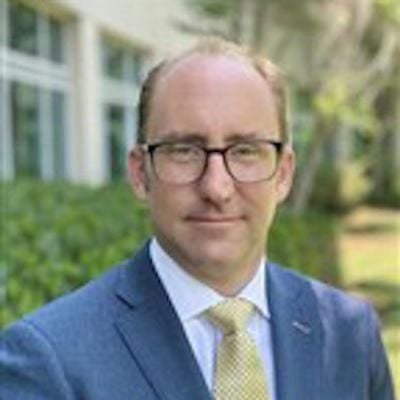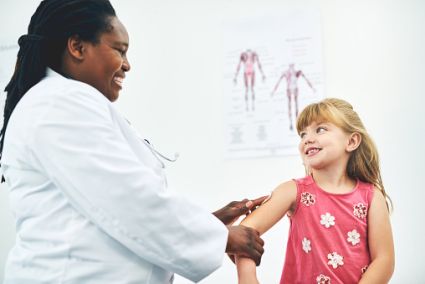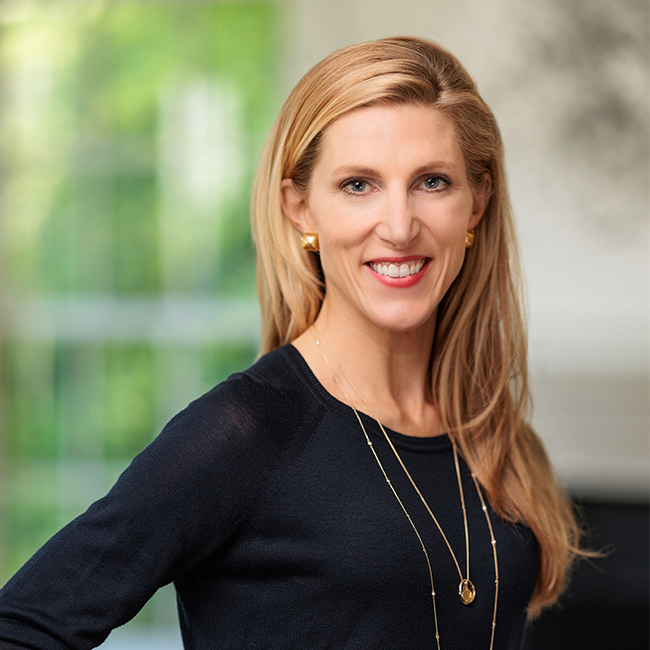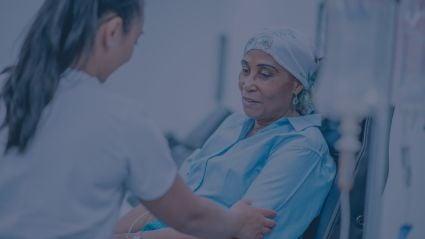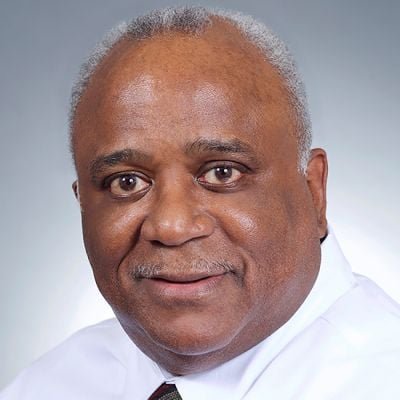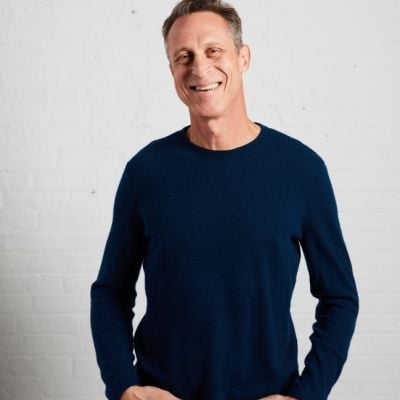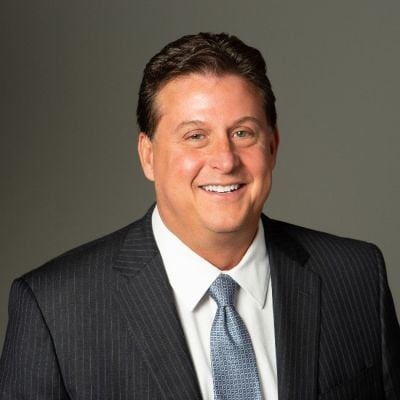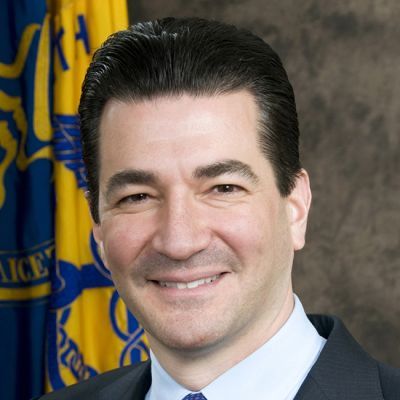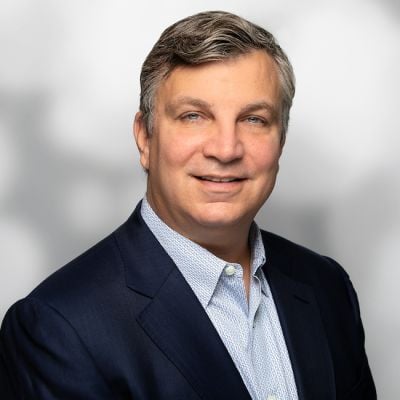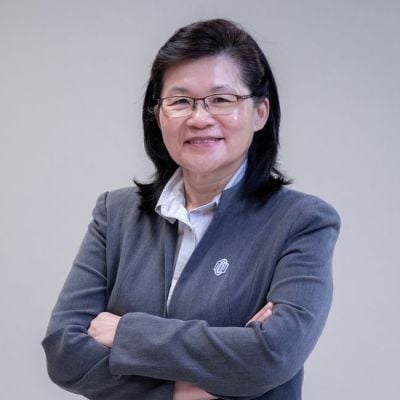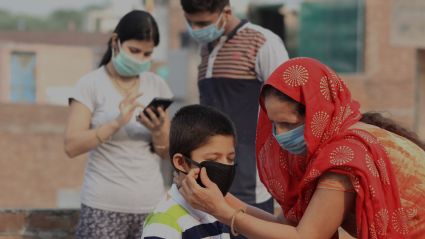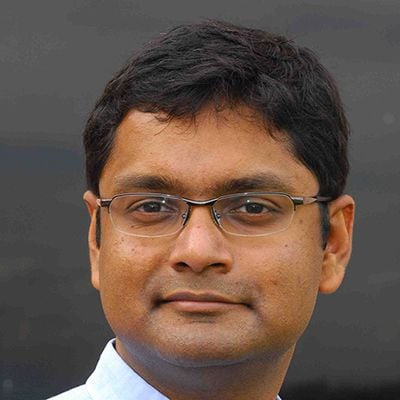Like most Americans, I’m ready to put 2020 in the rearview mirror and focus on the new year—and, hopefully, a post-COVID world.
At Tivity Health, we remain focused on consumer health and social engagement—especially among older Americans, who have been disproportionately hurt by COVID.
Looking ahead, our country has opportunities to not just defeat the virus but to seize on this moment of unprecedented change to create a healthier society for America's seniors.
As we develop new strategies, I am urging my team to stick to three basic principles: what we know, what we feel, and what we do. These will be our guideposts during the economic and public-health recovery.
Our job as leaders is to sort through the chaos of this environment and keep sight of where we were heading before the virus took us on this detour.
What We Know
As health-care professionals, we trust science to help us make decisions in the best interests of consumers. As business leaders, we use analysis and observation—what we know—to establish priorities.
What we know, so far, during this pandemic: COVID didn't alter our overall direction, but it has accelerated innovation and change.
Consider Tivity Health’s SilverSneakers health and fitness program, available through Medicare Advantage to 16 million eligible members age 65 and up.
Historically, SilverSneakers has been based on relationships with more than 17,000 fitness locations. But within just a few months of COVID, hundreds of thousands of members had joined our virtual workouts. To date, we've logged more than 1 million SilverSneakers Live virtual visits in addition to engagement on Facebook Live and visits to our on-demand library at SilverSneakers.com.
With nearly three-quarters of seniors now using the internet and over half owning smartphones, we knew tech adoption was climbing. Now, we know older Americans can—and will—shift quickly when the situation demands it.
What We Feel
Heeding science is critical. But we also rely on instincts—what we feel—to navigate complex clinical, regulatory, and financial decisions.
During times of upheaval, acting on instinct is tricky. Organizations may find themselves easily distracted by bright shiny objects, and right now, it may feel like we’ll never get back to normal.
But our job as leaders is to sort through the chaos of this environment and keep sight of where we were heading before the virus took us on this detour. Our mission and purpose should continue to be our North Star even as we reconsider how to get there.
Remember 9/11. Many people felt like we’d never fly again. But airlines, airports, and travelers adapted. And soon, we took to the skies in record numbers.
I believe something similar will occur as we continue to adapt. While we don’t know how long the public-health challenges will persist, we need to adapt to support older adults today and in a post-COVID environment.
What We Do
Smart organizations use what we know and feel during the tough times to get ready for the better times—and to inform what we do from here.
COVID has laid bare social determinants of health, including social isolation and loneliness, which already were epidemics among seniors. Socially isolated seniors face a nearly 30 percent higher risk of premature death—leading to billions of dollars in additional Medicare costs.
These aren’t just statistics. We’re talking about real lives and glaring disparities that we must confront in our health-care system.
Technology will be part of any solution. After SilverSneakers members began logging in during COVID for remote workouts, we launched a California pilot in which participants are staying socially connected with online book clubs, cooking classes, and game nights.
Digital engagement isn’t a panacea, and lack of broadband is a challenge in rural areas of the country. But early findings are promising for participants coping with physical limitations and lack of resources.
Emerging Stronger
Bottom line: All of us hope to see a day soon when we eradicate COVID with a new vaccine.
In the meantime, we owe it to the more than 240,000 Americans who have lost their lives to the virus to fight hard for better health outcomes for their families and friends.
Finally, if we do what socially responsible business principles demand, then our entire health-care system will emerge stronger for those who need it most.
